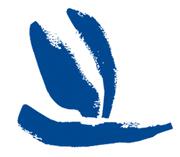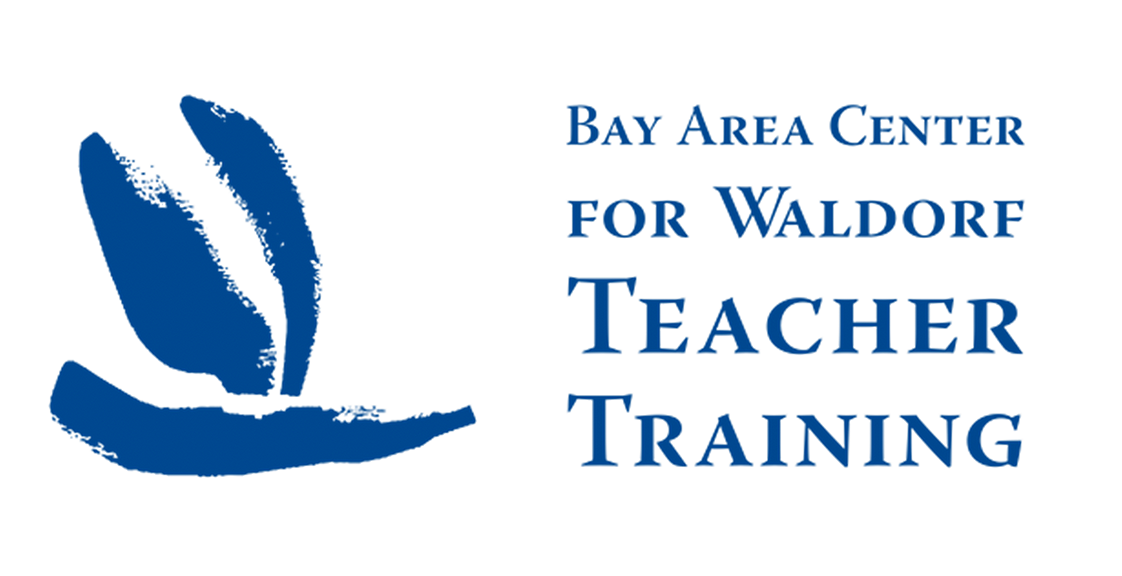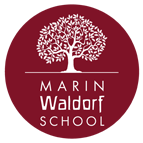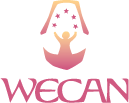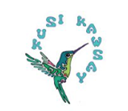Third Year
The Objective of the Third Year is to consolidate and expand on what the students have learned in the previous two years.
An intensive, year-long engagement with Rudolf Steiner’s key pedagogical lecture cycle, The Study of Man, provides the basis for deeper penetration of anthroposophical anthropology.
Third-year students implement the philosophical foundation of the curriculum in the classroom as they take responsibility for building conscious, artistic lessons. They learn to integrate various aspects (movement, music, story, poetry, reading, math, drawing and painting) with the subjects they are teaching, and to structure the flow from one part of a lesson to another, from one lesson to another, from one subject to another. Students also work with the theory and practice of classroom management and group dynamics and, with their own growing capacity for objective self-knowledge, gain insight into working with parents and colleagues.
“The three years I spent in the Bay Area Center for Waldorf Teacher Training led me into a career that I love. Most people gasp when I tell them I teach middle school, but my understanding of the developing human being allows me to observe my students in awe of their emerging capabilities and to enjoy the metamorphosis of puberty. Through my training experience, I also gained the benefit of learning to see people, both children and adults, for who they truly are and to appreciate individuality.”
-Katherine Arconati, Middle School Math Teacher, Marin Waldorf School
During the fall of the third year, each student again participates in a practicum. Support for practicum preparation is again part of the weekend classes. During this third year practicum, students are expected to take on classroom responsibilities as requested by the supervising teacher and teach as many full main lessons as possible. Supervising teachers provide formal, written evaluations of the students whose practicums they supervise.
The Third Year Project, integral to the year’s course, is a mentored, independent research project on some aspect of the curriculum, presented at the end of the year to the teacher training community and reviewed by the class and their teachers.
Third Year topics include but are not limited to:
Pedagogical stories, verse-writing, math and science (grades track), puppetry (kindergarten track), the principles of Waldorf education applied to high school subjects (high school track), the four temperaments, storytelling, block rotations, design and review of lessons, the main lesson book, class plays, birthdays and festivals, narrative reports (Waldorf report cards), parent evenings, healthy habits for the teacher inside and outside the classroom, and inner work of the teacher.
Rudolf Steiner lectures used: Study of Man, Practical Advice to Teachers, Discussions with Teachers, Waldorf Education for Adolescents or Essentials of Education
The Arts
Each weekend includes either choir or recorder, and one of the following: eurythmy, speech, writing verses for children, painting with children, blackboard drawing, forming a morning circle, concentration exercises.
Summer session:
Summer Session Art Classes
These include: choir, eurythmy, sculpture and its use in the classroom, and instrumental and choral music and their use in the classroom.

